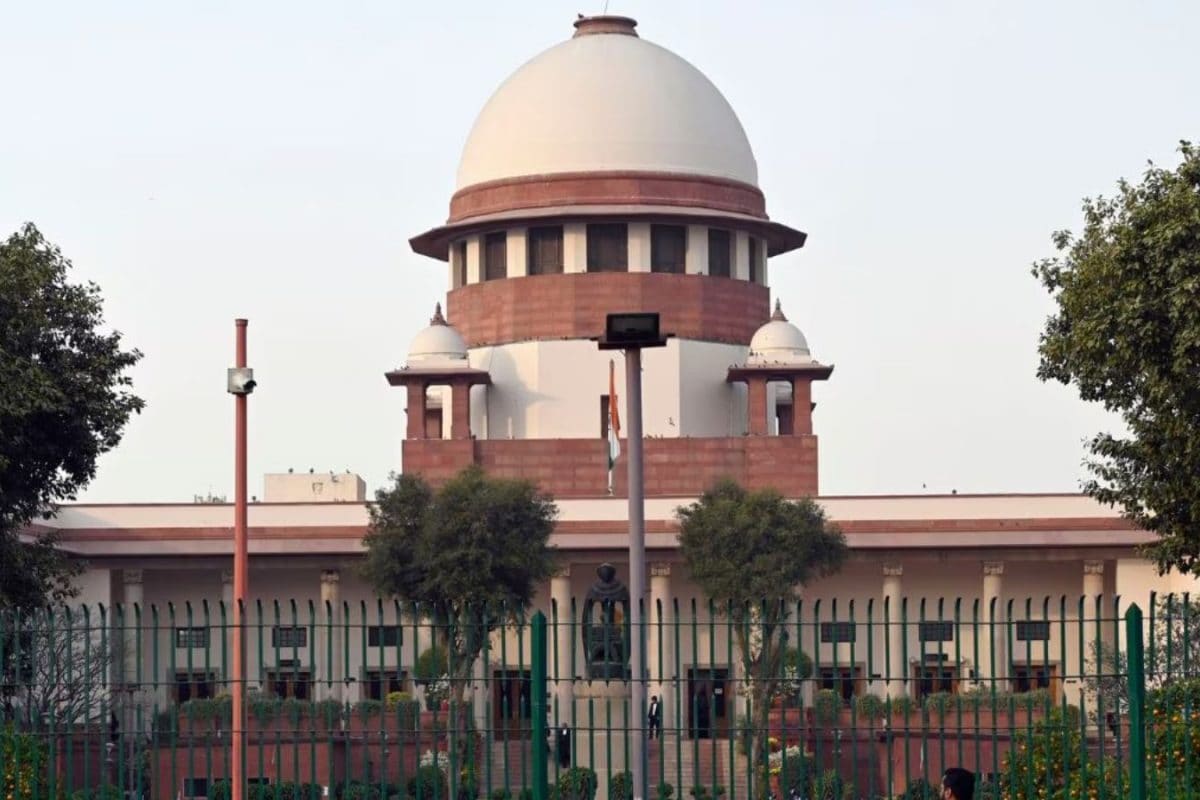

The Indian government is firmly against lowering the age of consent from 18, cautioning that doing so would increase the risks of trafficking and other forms of child abuse. The Centre has conveyed its position to the Supreme Court, which is currently hearing a Public Interest Litigation (PIL) filed in 2012 concerning the age of consent.
The Union government argues that reducing the age of consent, or introducing exceptions for consensual activity between adolescents, would weaken the legal protections for children. They contend that such changes would contradict the original legislative intent and create opportunities for abuse, coercion, and misuse of consent in exploitative situations. The government has stated that the law must “act as a strong deterrent… in a society where children, especially girls, are vulnerable to manipulation, coercion and abuse".
To support its argument, the Centre cited a 2007 study by the Ministry of Women and Child Development, which revealed that over half of children reported experiencing some form of sexual abuse. In half of those cases, the abusers were people in positions of trust or authority, such as parents, relatives, neighbors, or school staff. The government maintains that the legal framework surrounding the age of consent is designed to provide a strong shield for minors against sexual exploitation.
Amicus Curiae Indira Jaising has suggested excluding sexual activity between consenting adolescents aged 16-18 from the scope of the POCSO Act and other relevant laws to decriminalize voluntary adolescent relationships, arguing that relationships between those aged 16 and 18, or even 16 and 20, could be non-exploitative, non-abusive, or non-criminal.
The Centre has firmly asserted that the age of consent should be strictly enforced, and any deviation would undermine the progress made in child protection laws. They also state that diluting the age of consent would weaken the deterrent effect of laws like the POCSO Act and the Bharatiya Nyaya Sanhita (BNS).
The debate over the age of consent involves balancing the need to protect children from exploitation with the recognition that adolescents may engage in consensual relationships. Some argue for a more nuanced legal framework that considers the realities of adolescent relationships, while others prioritize maintaining a strong legal shield to protect vulnerable minors.
Data reveals a significant gap between arrests and convictions in cases involving the POCSO Act and Section 376 of the Indian Penal Code, which deals with rape. This disparity raises concerns about the unintended consequences of the current laws and whether they are being applied appropriately in cases involving consensual relationships.